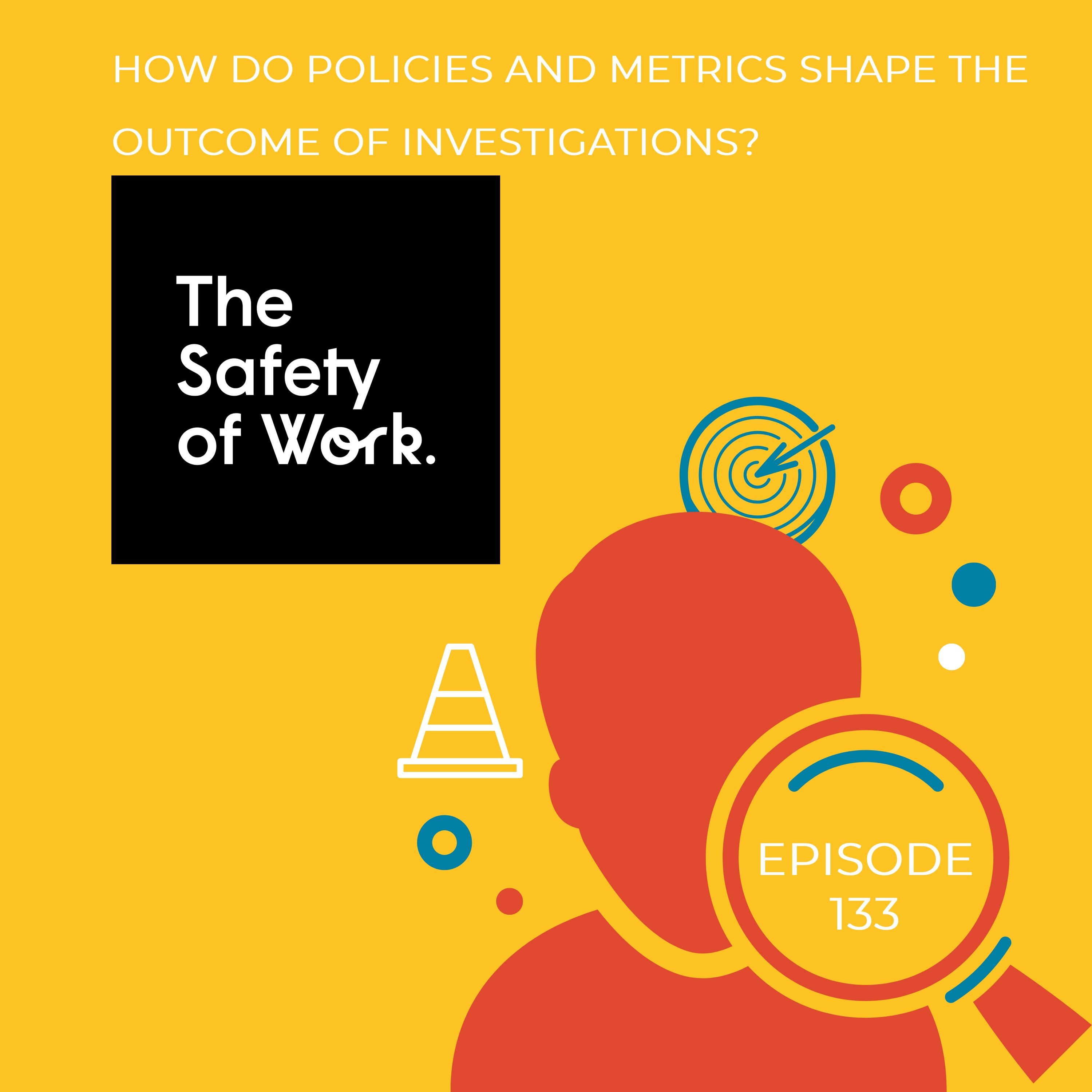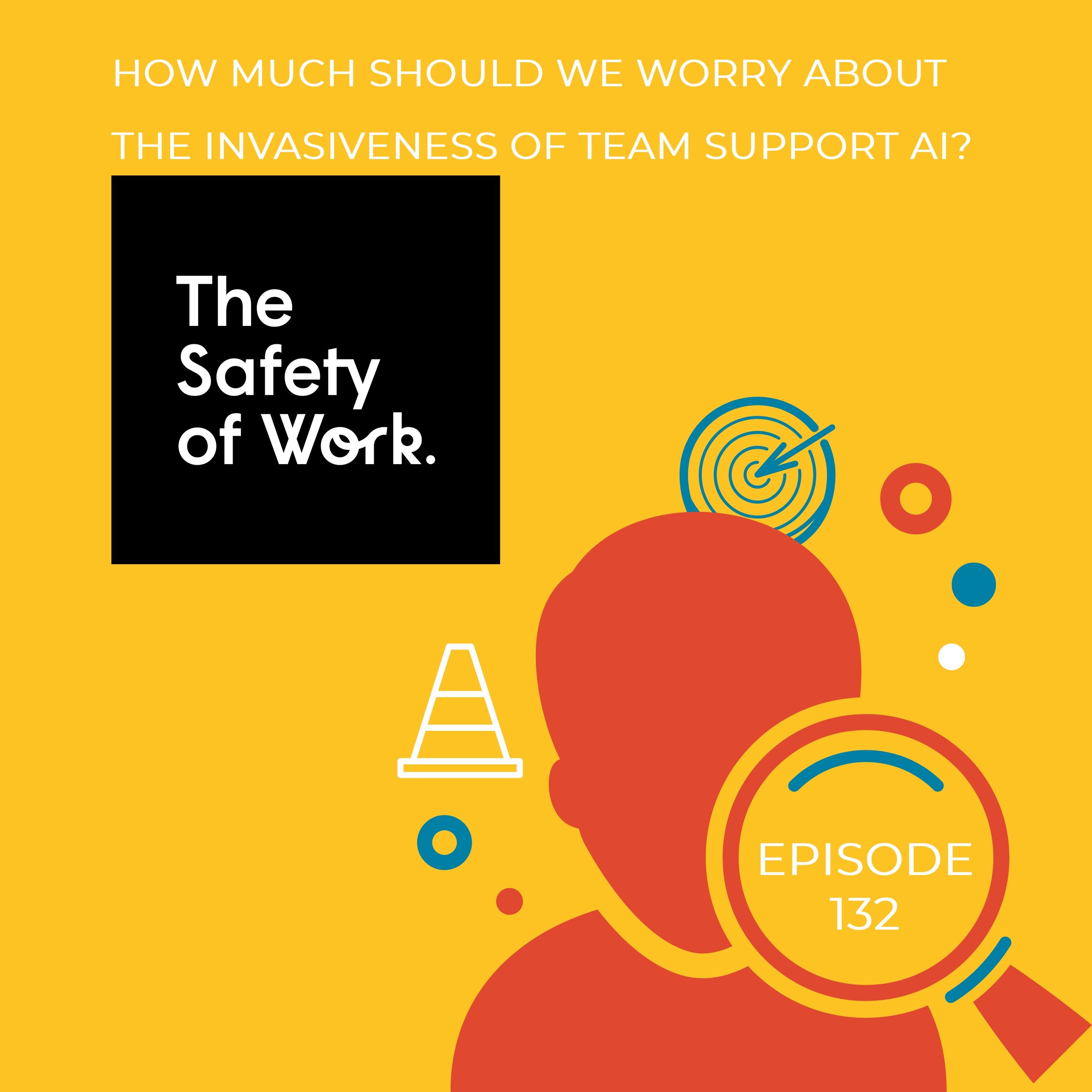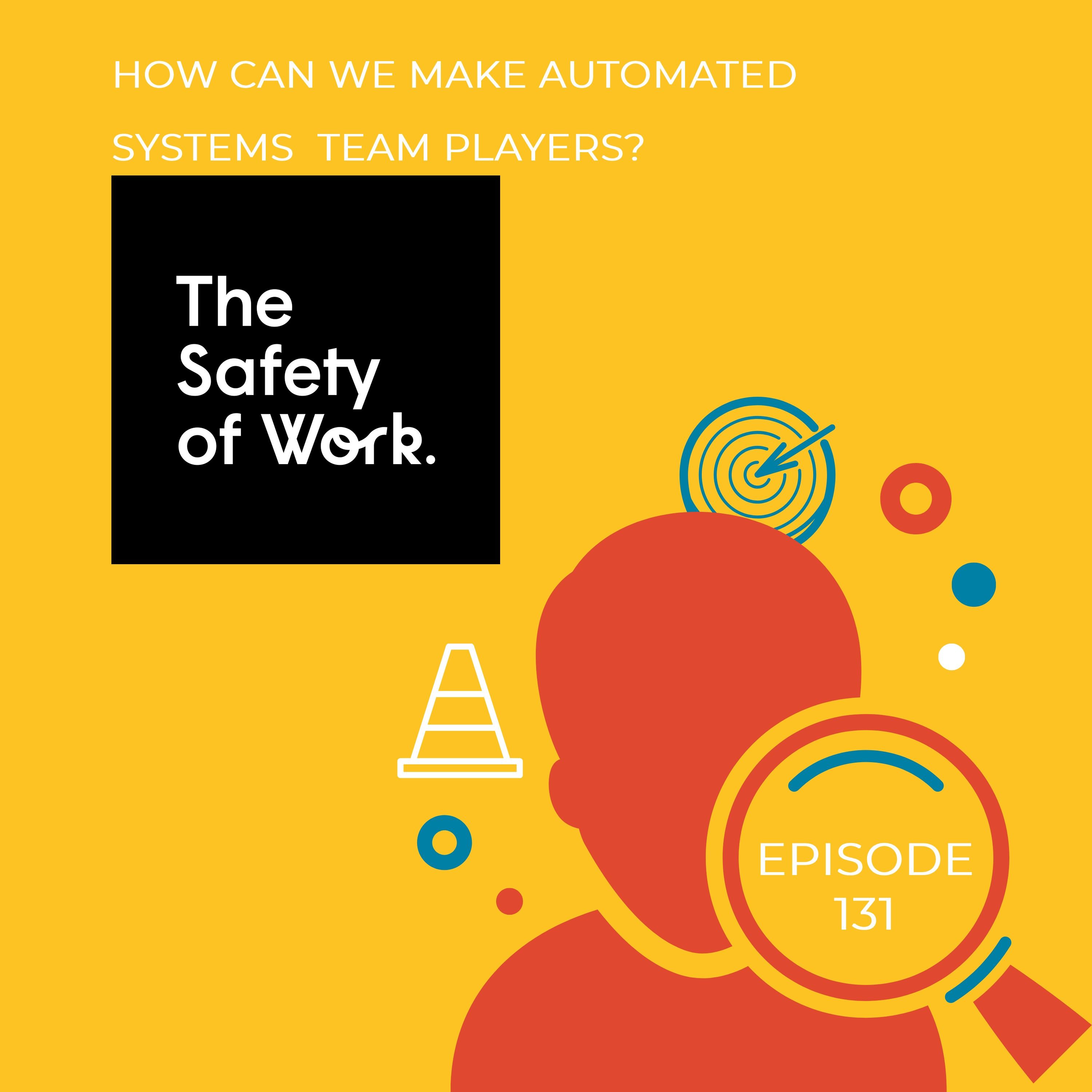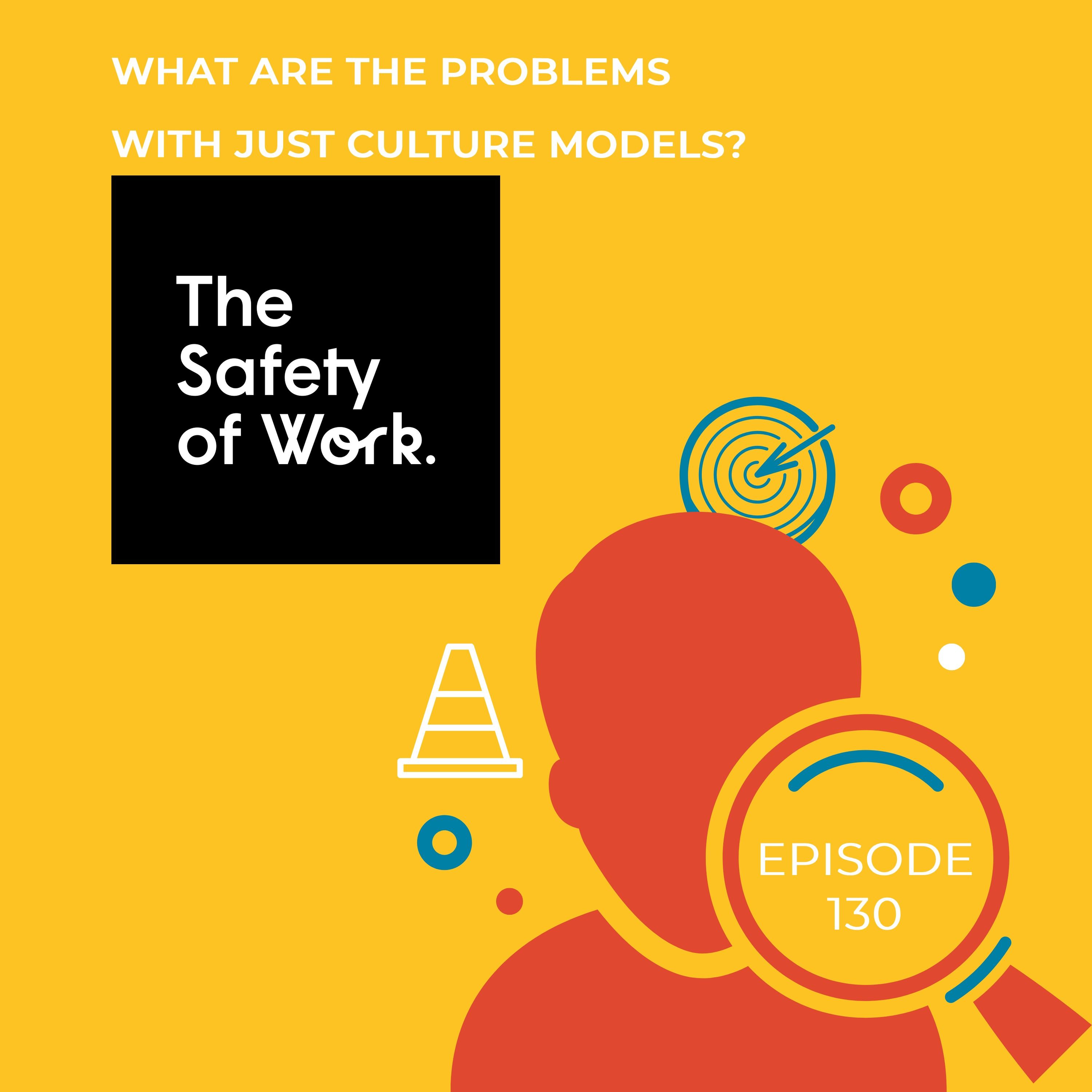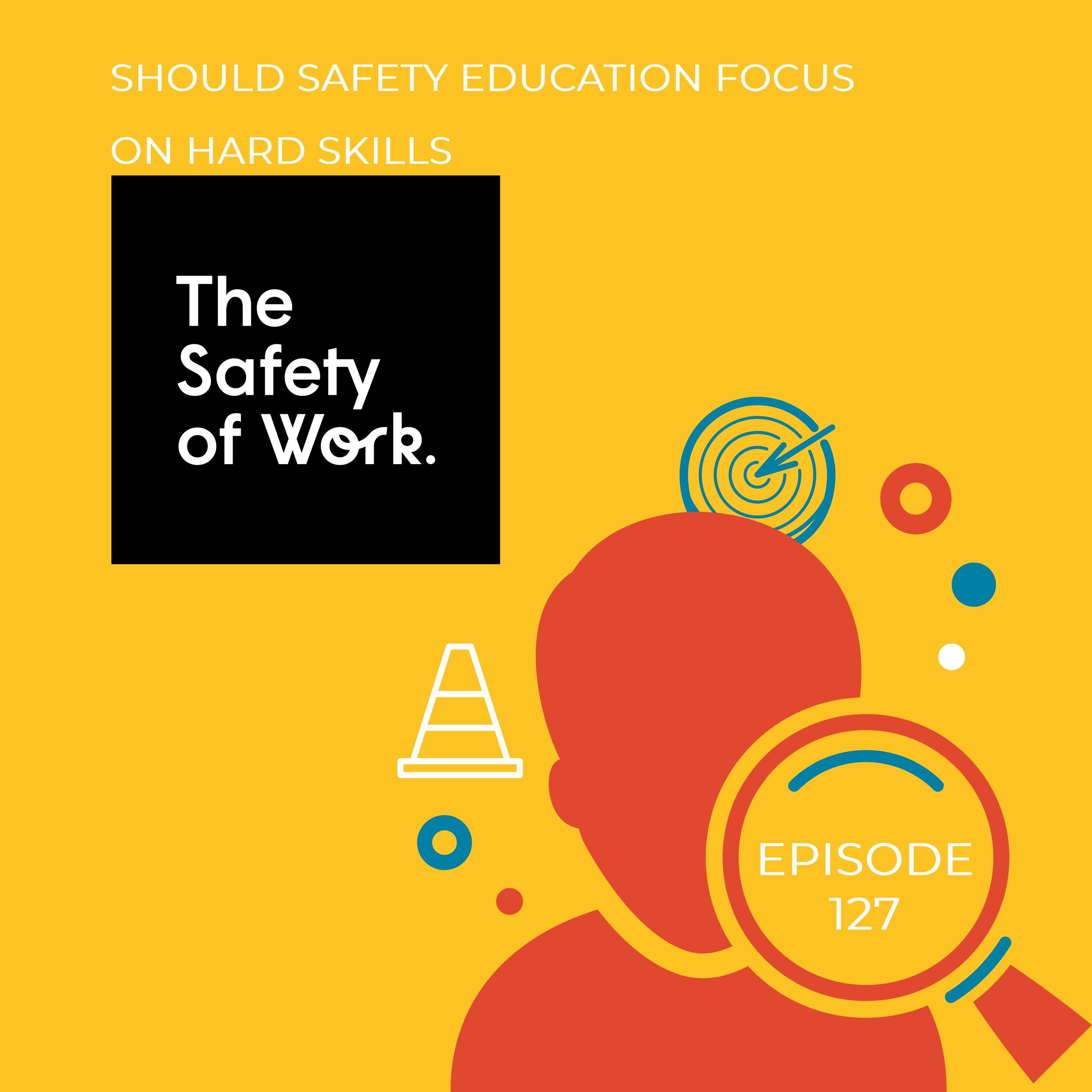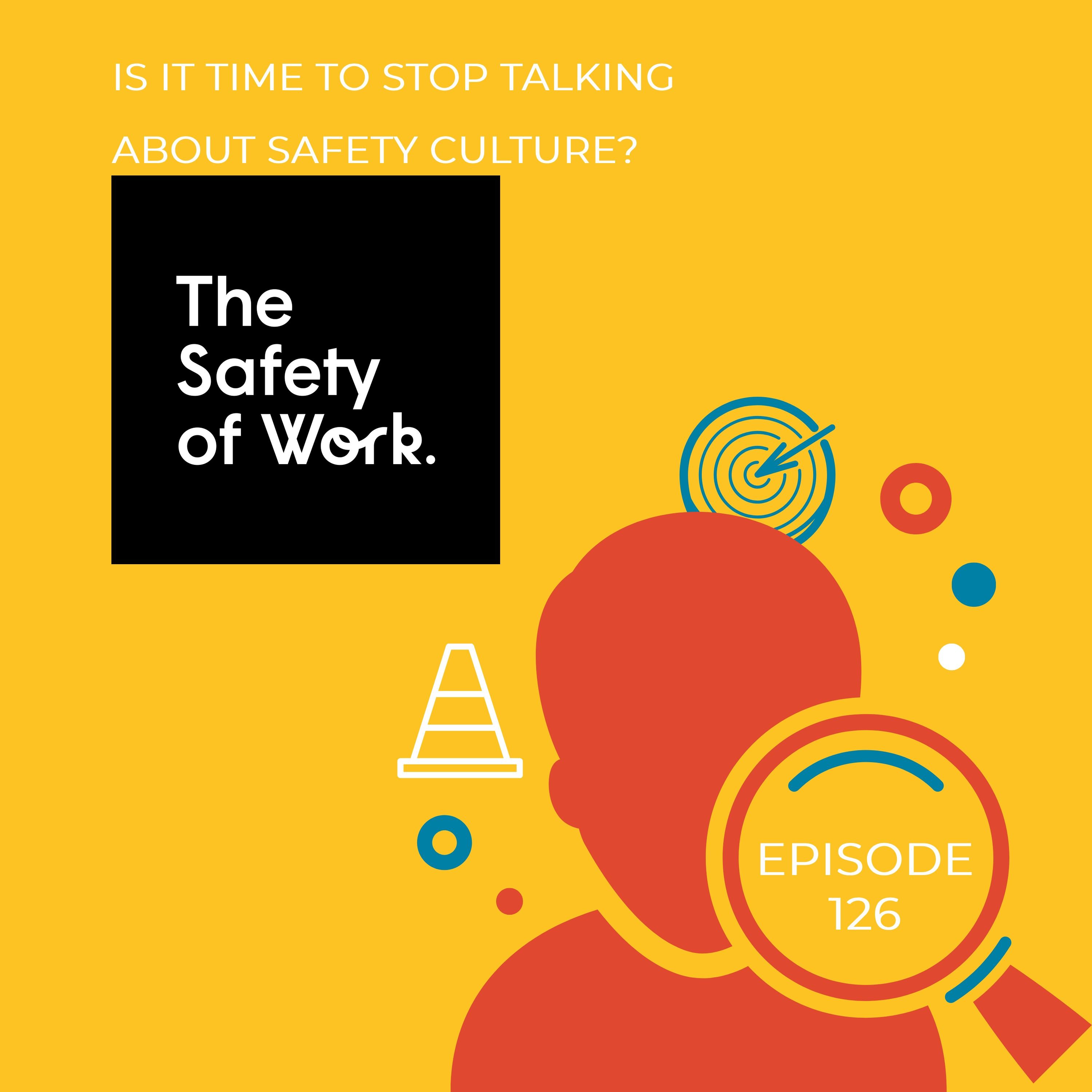How do policies and metrics shape the outcome of investigations?
Description
The discussion explores three critical constraint categories: structural elements like mandatory timelines, organizational factors including resource capacity, and relational dynamics affecting investigator access to information. Drawing parallels beyond healthcare, they challenge listeners to reconsider their investigation frameworks, suggesting that organizations inadvertently create systems where investigators focus on meeting procedural requirements rather than generating genuine insights. The discussion emphasizes that effective investigations require adequate capacity, flexible timelines that accommodate complexity, and environments fostering open relationships that enable thorough inquiry and organizational learning.
Discussion Points:
- (00:00 ) Background on NHS patient safety system and 2 million annual incidents
- (09:11 ) Research method and the seven investigation principles
- (16:24 ) Investigation framework with three levels and timeline requirements
- (24:56 ) Finding one structural constraints and how timelines became the focus
- (32:41 ) Finding two organizational capacity and resource mismatches
- (37:07 ) Finding three roles relationships and the independence dilemma
- (42:37 ) Summary deadlines over diagnosis compliance over comprehension procedures over participation
- (45:36 ) Practical takeaways on timelines capacity and relationships
- Like and follow, send us your comments and suggestions for future show topics!
Quotes:
David Provan: "The more hoops and hurdles and constraints and requirements that you put into the investigation process, the more that those things become the focus of the investigator, as opposed to the learning and improvement outcome that we're trying to achieve."
Drew Rae: "If you wanted to improve investigations in your organization, one simple leadership practice you could take is when someone gives you the investigation report, basically just say, no, there's nothing here that surprises me. Go away, come back and learn something."
David Provan: "These are the outcomes we're trying to achieve and the investigation takes as long as it takes. And if it's being held up for any reason, this is the process to check in on progress. As long as it's being worked on."
Drew Rae: "Investigations are way more about relationships than I think people realise when they're planning them. And so we've got to create an environment in which investigators can build and use relationships."
David Provan: "There's no reason that if you learn something during an investigation that you need to wait till the report signed off and finished before you do something about it... as soon as we learn something that we become curious or concerned about, we should act on it."
Resources:
Resource Link: https://www.sciencedirect.com/science/article/pii/S0925753525002243

